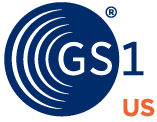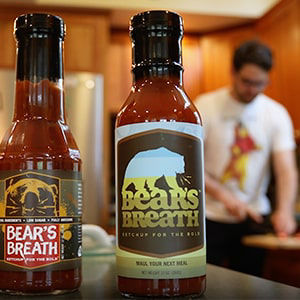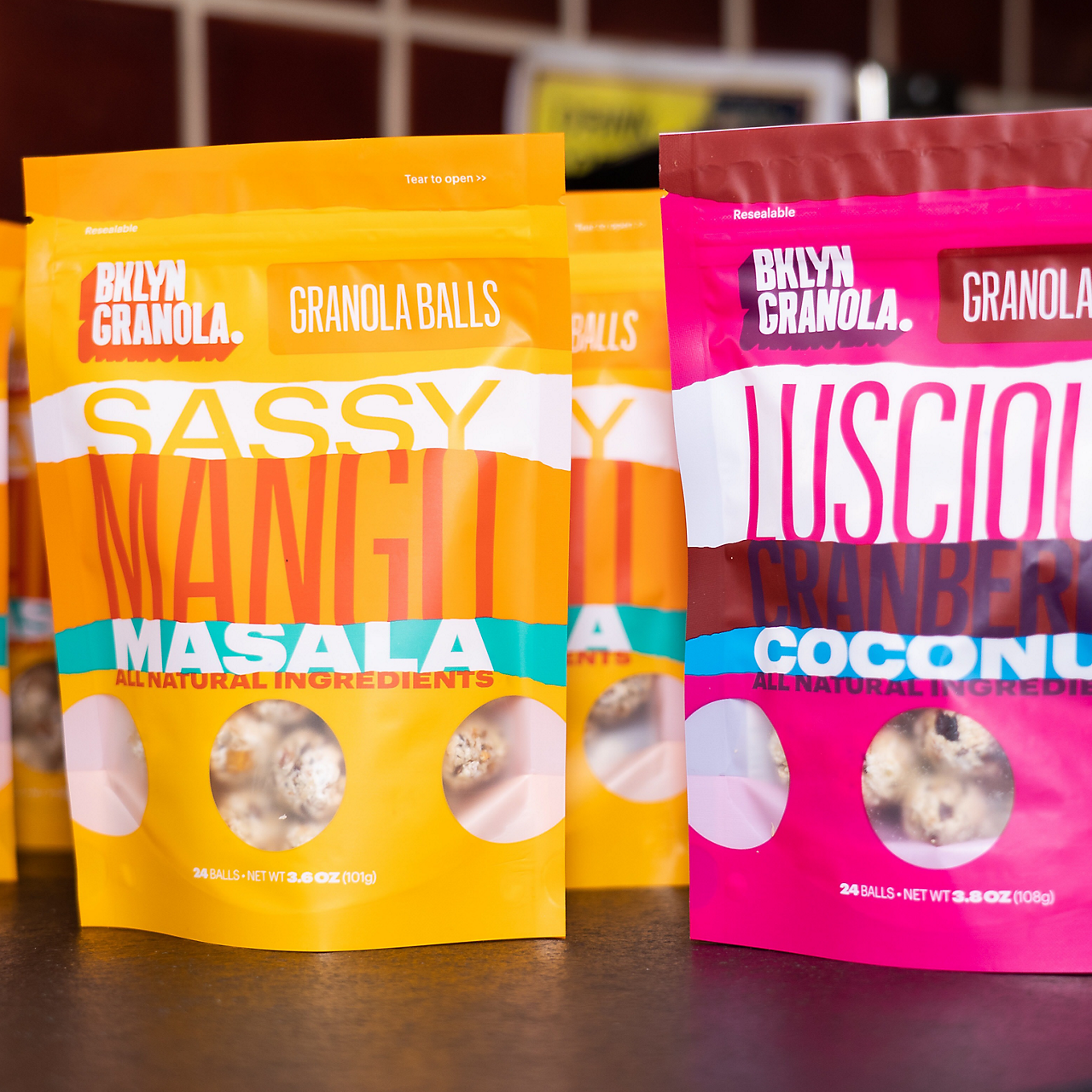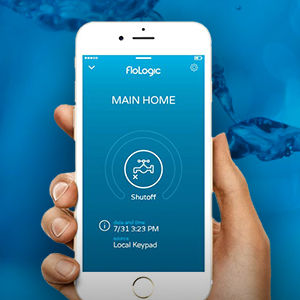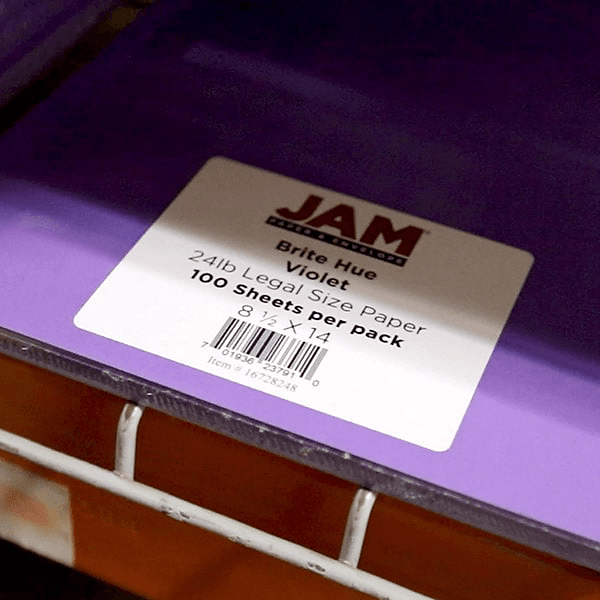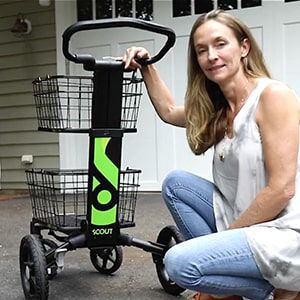Designing and launching a new consumer product takes a lot of work. In the early stages, these efforts are sustained by passion – half the business owners in GS1 US’s latest research ‘From Product to Profitability’ say that this is the biggest motivator for starting their small companies. However, creating a viable product is just the start of a brand’s journey.
-
Passion drives the ideas, but new brands face an uphill battle against bigger, entrenched companies. “Very few retailers, if any, are going to take a chance on a new product,” says Ronnie Cage, founder of Roundball Rags. “You have to do more than think you have a good product. It can't be your opinion: other people have to tell you ‘this is good.’”
Despite this, small brands (with sales less than $100 million) are making progress, according to IRI. With growth of 4.9% in 2018, they’re the fastest-growing consumer goods segment.1 So today’s market is open to new, small brands, but how can ambitious entrepreneurs take advantage of that momentum and take their products to the next level?
On Brand: Consistency Builds Trust
GS1 US research shows that the strategy should start with customers. What do they want and need? Can the brand deliver?
Small business owners expect the changing habits and demands of their customers to have the biggest impact on their business trajectories over the next three years (see Figure 1). They also expect to be able to make an impression on customers by satisfying changing expectations – particularly regarding personalization – and connecting with consumers in their desired channels. It is about maintaining a grip on the consumer across multiple channels and stages of the customer journey, which is why the brand itself is a differentiator.
“Branding is important: if people get the brand, they believe in the quality,” says Steve Lange, founder and CEO at It’s All Good. “That's where building the story and the trust is foundational. It’s still true and it's still critical. Otherwise, it's a race to the bottom on cost.”
To be successful against other players and increase their share of the market, small brands must be prepared to invest their limited resources in the short term, and this often means selling their products into an unproven market.
Building customer trust is essential for balancing the risks involved in this kind of growth. Customers want to do business with brands they recognize and can depend on, and a key part of building that trust is maintaining consistency across all channels – a consistent brand experience and consistent product information. One crucial tactic here is the use of universal product codes (UPC). GS1 standard UPCs are the identification numbers most widely accepted by retailers. Some small brands may opt to purchase codes from a second-hand source which may not properly link the product with the brand.
“From a brand standpoint, [universal product codes allow customers] to know this is your product, that no one else can pretend that they're your product,” says Kait Flynn, former senior vendor manager at Amazon. “It earns trust with the customer because they know that it's a brand, or a company that is the real deal, instead of a one-off. They’re going to be able to come back and find this item again.”
Know Your Customer and Win Over Retailers
Understanding the customer also helps small brands to overcome many of the barriers preventing them from working with two critical channels for growth: retailers and online marketplaces.
The number one barrier, as might be expected for a new entrant into the market, is a lack of existing brand awareness (see Figure 2). Close behind is the struggle to meet some of the basic requirements of doing business with retailers, such as finding space in a crowded market of known sellers and understanding what retailers need from the brand.
“In retail, there are two different buckets says Flynn. “There are big brands that have their market share, and then there are little niche brands that have a cause to speak to. I see huge opportunity f or these brands. Unless you have one of these more niche products, it’s very hard to launch a successful brand on Amazon without committing a substantial amount of marketing funds.”
Building trust with retailers is also critical for brands looking to build strong relationships. At first, it is hard for retailers to know they can trust a small brand, which is a significant roadblock to that brand’s growth. Once it can prove that it has customers and can handle sales at volume, the conversation shifts.
“No one wants to take a gamble on you. No one wants to be the first,” says Andrew Jacobs, CEO at JAM Paper. “It takes a small leap of faith [for retailers] to believe we can do it. Now it goes right to the product conversation: Will the product sell? Is it a good fit for our customer base?”
A great product is the foundation for small brands, but it is not enough on its own: growth depends on building and nurturing relationships with customers and retailers. The companies in the survey show how important it is for brands to invest in learning about their customers.
Launching the product starts the conversation. Then, brands need to find out who wants that product and take it to them. The next step is to focus on the channels they sell into and build relationships with partners that can accelerate the growth trajectory.
Small Business Spotlight
Explore Member Growth Stories
-
JAM Paper
Family owned and operated since 1955, JAM Paper & Envelope offers a wide range of distinctly colorful paper products.
In this publication, the letters “U.P.C.” are used solely as an abbreviation for the “Universal Product Code”, which is a product identification system. They do not refer to the UPC, which is a federally registered certification mark of the International Association of Plumbing and Mechanical Officials (IAPMO) to certify compliance with a Uniform Plumbing Code as authorized by IAPMO.
